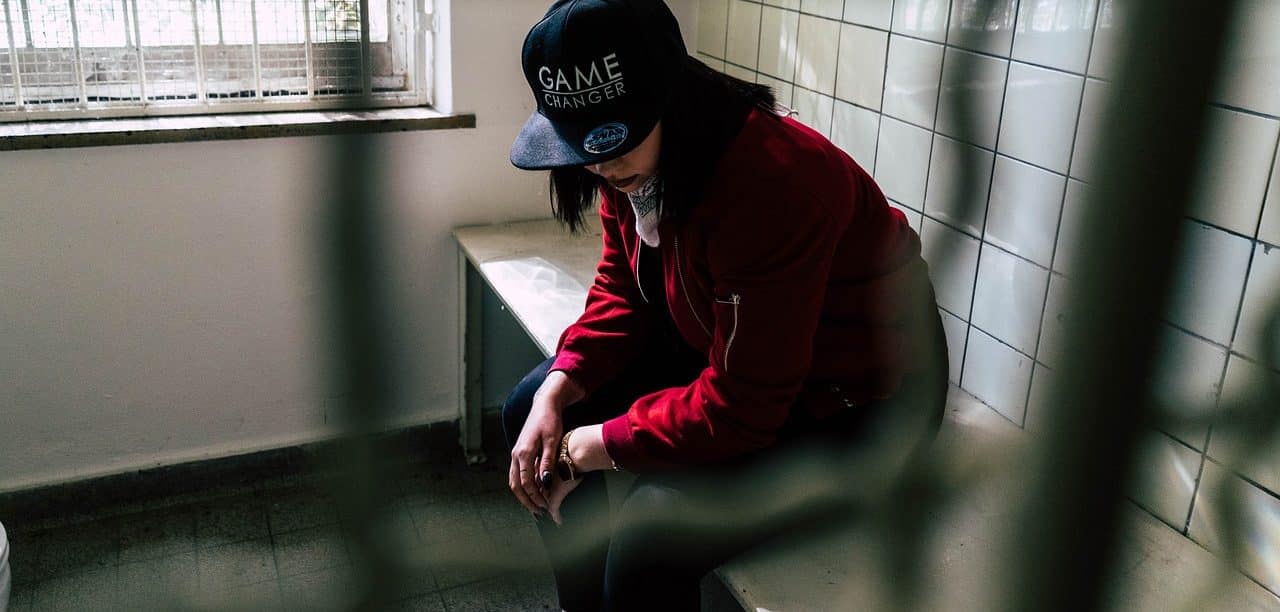
If a police officer observes someone committing a crime, he or she can arrest the person in question.
Detention is a term from the Latin detentĭo that is linked to the verb to stop . This action consists of braking, paralyzing or suspending the movement or something that is being done.
For example: "The stopping of the works was decided by the municipal authorities due to the risk of collapse" , "He is a good goalkeeper, but he has problems stopping the ball when it arrives with a lot of parabola" , "The stopping of the train outside "Control was only achieved one kilometer from the station."
In these cases we can notice that the notion of movement is always present, although sometimes in a more symbolic way than others. For example, while the stopping of a ball or a train in full motion are really interruptions in the progress of a material body, that of a construction site refers to the cessation of a series of activities.
Detention as arrest
The concept of detention, in any case, usually appears associated with the action of a member of a security force who captures and arrests a person. Detention, in this sense, consists of depriving a subject of his freedom for a certain period of time.
A competent authority is the one who can order the arrest of a person when he or she is suspected of having committed a crime . The objective is for the suspect to be brought before the Judiciary to determine his eventual guilt.
Another possibility is that a police officer decides to arrest a person when he finds him committing a crime in flagrante . If an officer passes by a store and notices that a hooded man is forcing the door, he can stop him and, in this way, momentarily deprive him of his freedom.
The duration of detention depends on what is established by law and what is set by a judge. A person can be detained preventively until the court ruling arrives or be detained for the time established by an already confirmed sentence .

Arrest entails deprivation of liberty.
Deprivation of liberty
Detention can be a very difficult time for the arrested person to go through and overcome, regardless of their degree of guilt. Whether or not she has committed the acts of which she is accused, it can be very violent when a group of police officers deprive her of her freedom in the middle of the street, in front of unknown people or even in the context of a meeting with family or friends. .
Although most people know arrest through the screen as something foreign, that will never happen to them "because they abstain from committing crimes" , no one is completely safe from it, since the police make several mistakes every day when trying suspects. Unfortunately, reports of arrests or even murders of the wrong people, simply because "they looked too much like criminals", are not uncommon.
The first moments after arrest
In any case, lawyers recommend those who must undergo police arrest to remain calm and follow the recommendations to the letter , to prevent their situation from worsening. Especially in wrongful arrests , the reaction of the accused can be violent due to excessive resistance and lead to a second accusation, which he will have to face.
Once at the police station, depending on many factors, it is likely that the person will have to spend several hours or even more than a day waiting for a decision from the authorities . In an instance like this you should demand your right to contact someone you trust for help, to call your lawyer, or at least tell them not to worry and to wait to hear from you.
